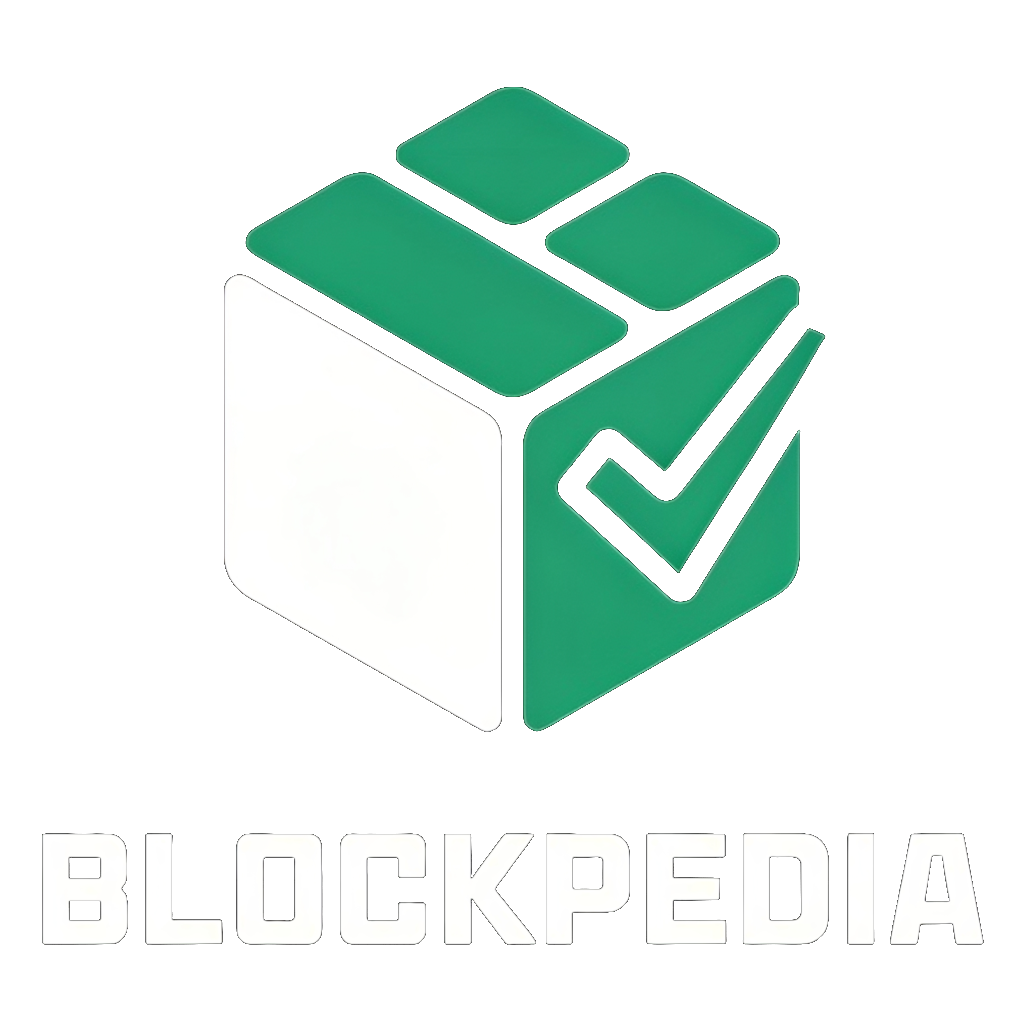Mining Pool
A mining pool is a group of cryptocurrency miners who combine their computing resources over a network to increase their chances of solving complex mathematical problems and validating transactions on a blockchain. By pooling their resources, miners can collectively solve problems more quickly and efficiently, which can lead to a higher likelihood of earning cryptocurrency rewards.
How Mining Pools Work
Mining pools operate by having each participant contribute their computing power to the pool, which is then used to solve mathematical problems. The pool operator typically manages the pool and is responsible for assigning work to each participant, as well as distributing rewards when a problem is solved. The rewards are usually proportional to the amount of work each participant contributed to the pool.
Types of Mining Pools
There are several types of mining pools, including:
- Centralized mining pools: These pools are managed by a central authority and typically require users to create an account and follow specific rules.
- Decentralized mining pools: These pools operate without a central authority and allow participants to contribute their computing power in a more autonomous manner.
- Peer-to-peer mining pools: These pools allow participants to connect directly with each other and contribute their computing power without the need for a central authority.
Benefits of Mining Pools
Joining a mining pool can have several benefits, including:
- Increased earning potential: By combining resources with other miners, participants can increase their chances of solving mathematical problems and earning cryptocurrency rewards.
- Reduced variability: Mining pools can help reduce the variability in earnings that individual miners may experience, as rewards are typically distributed more consistently.
- Improved security: By contributing to a larger pool of computing power, participants can help enhance the security of the blockchain network.
Risks and Challenges
While mining pools can offer several benefits, there are also some risks and challenges to consider, including:
- Pool operator risks: Participants must trust the pool operator to manage the pool fairly and distribute rewards accurately.
- Security risks: Mining pools can be vulnerable to cyber attacks and other security threats, which can compromise the integrity of the pool and the blockchain network.
- Regulatory risks: Mining pools may be subject to regulatory requirements and restrictions, which can impact their operation and profitability.
